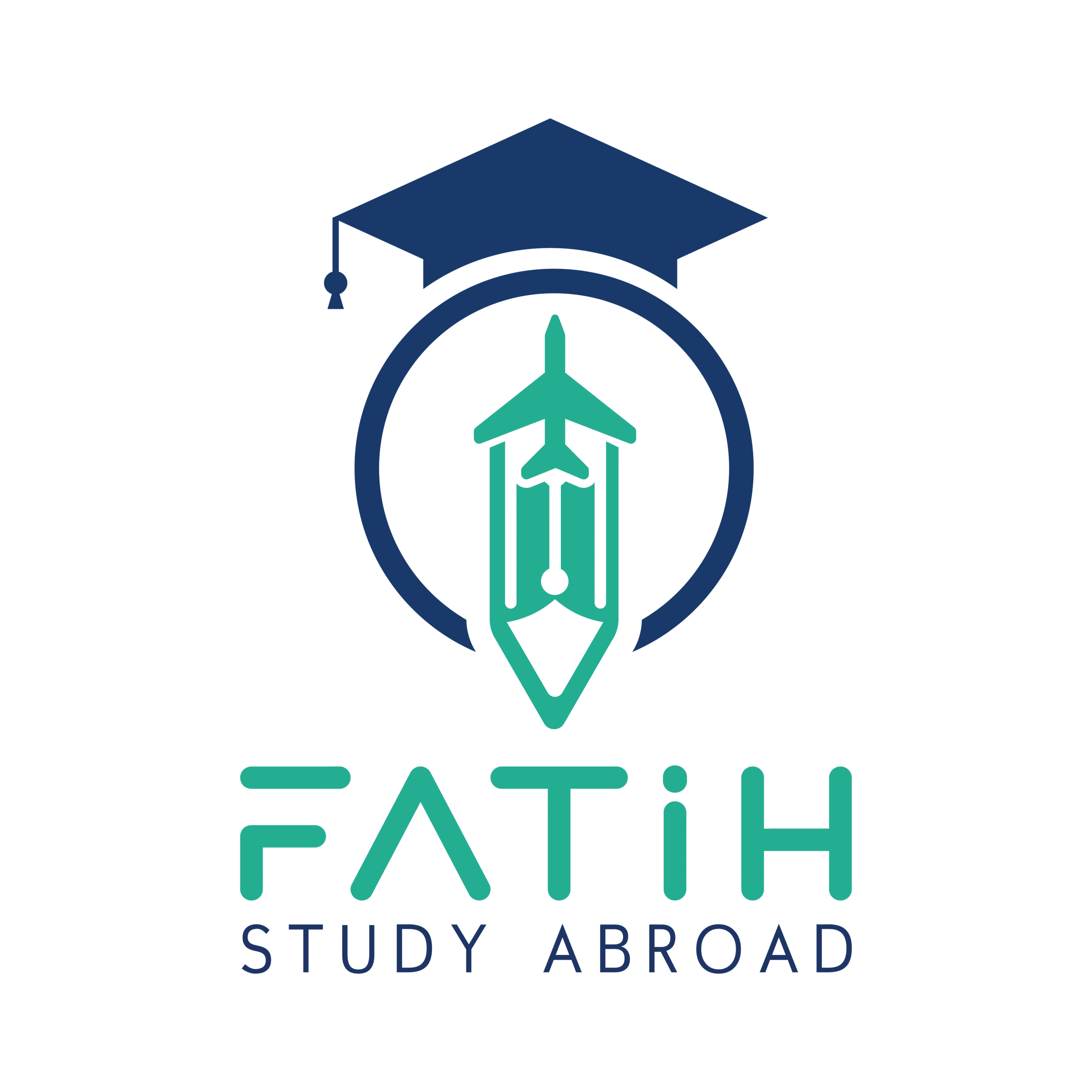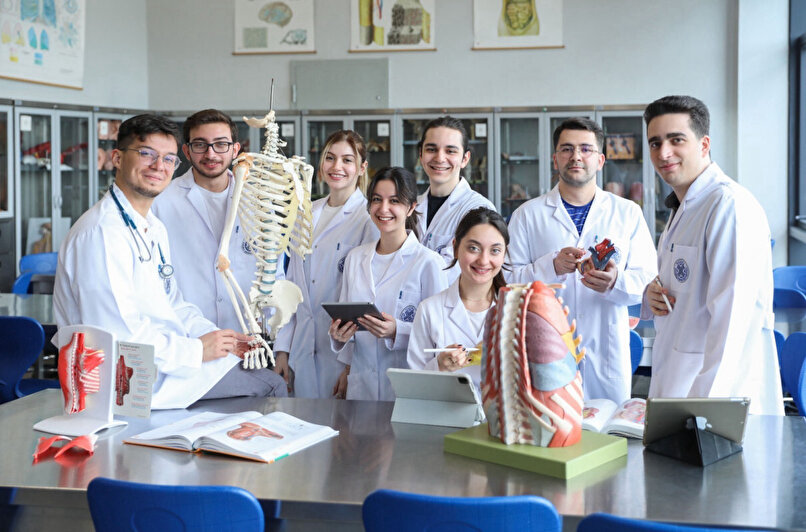Studying in Turkey: A Top Destination for International Students
Studying in Turkey is considered one of the most attractive options globally, especially in the Middle East. Turkish universities offer diverse and high-quality academic programs and provide an outstanding educational environment for international students. Some universities offer programs entirely in English, and Turkey welcomes thousands of international students each year—currently over 220,000 students from around the world.
Advantages of Studying in English in Turkey
English is the global language of communication, making it easier for students to interact with professors and international peers.
Most academic resources and scientific research are available in English, giving students easy access to up-to-date information.
Degrees and programs taught in English are internationally recognized, providing graduates with better opportunities for employment and postgraduate studies abroad.
Due to its strategic geographic location, Turkey attracts students from all over the world, fostering cultural exchange and diverse friendships.
English is a global language of instruction, offering broader academic and professional benefits.
Student housing in Turkey is modern and widely available at all universities.
Gaining admission to a specific university is relatively easy, especially in private universities where admission is guaranteed.
The academic level in Turkey has risen significantly, with Turkish universities receiving high global rankings.
Turkish public and private universities combine the principles and standards of European education with a strong focus on academic excellence and hands-on training, especially in practical fields. This has led Turkish universities to compete globally in terms of research output and registered innovations.
You can apply with just your high school diploma.
Many Turkish universities are ranked among the top globally, drawing attention from students worldwide.
Top Public Universities in Turkey Offering Programs in English
Ankara University
Boğaziçi University
Istanbul Technical University
Marmara University
Gazi University
Ege University
Istanbul University
Middle East Technical University (METU)
Yıldız Technical University
Top Private Universities in Turkey Offering Programs in English
Sabancı University
Koç University
Bilkent University
Yeditepe University
Bahçeşehir University
Istanbul Bilgi University
Atılım University
Okan University
Istinye University
Özyeğin University
Fields of Study Available in English at Turkish Universities
Medicine
Pharmacy
Dentistry
Business Administration
Social Sciences
International Law
Public Relations and Marketing
Media and Communication
Chemistry
Physics
Mathematics
Psychology
Political Science and International Relations
All branches of Engineering (Mechanical, Civil, Electrical & Electronics, Computer Engineering, etc.)
Biological Sciences
Health Sciences (e.g., Physiotherapy and Nursing)
Tuition Fees for Studying in English in Turkey
Undergraduate Programs (Bachelor’s):
Public Universities: $450 – $1,500
Private Universities: $3,000 – $18,000
Postgraduate Programs (Master’s & Ph.D.):
Public Universities: $600 – $900
Private Universities: $5,000 – $20,000
Required Documents for Studying in Turkey
A personal photo
A passport valid for more than 6 months
Visa application form from the Turkish consulate or embassy
Travel health insurance
A copy of your national ID
A copy of the university acceptance letter
Bank statement
Admission Requirements for Public Universities (English Programs)
A high school diploma with a minimum average of 60%
Passing the YÖS or SAT exam with a high score; competition is very high, and each nationality is allocated a limited number of seats
A valid English language proficiency certificate is required. If not available, students must complete a one-year preparatory English program at the university and obtain at least a B2 level certificate
Admission Requirements for Private Universities (English Programs)
No entrance exams or additional certificates are required. The admission process is straightforward.
A high school diploma with a minimum average of:
60% for social sciences, administrative programs, and vocational schools
70% for engineering faculties
80% for medical faculties
An English proficiency certificate is required. If unavailable, the student must take the university’s exemption exam. If they fail, they are required to complete a one-year English preparatory program.




